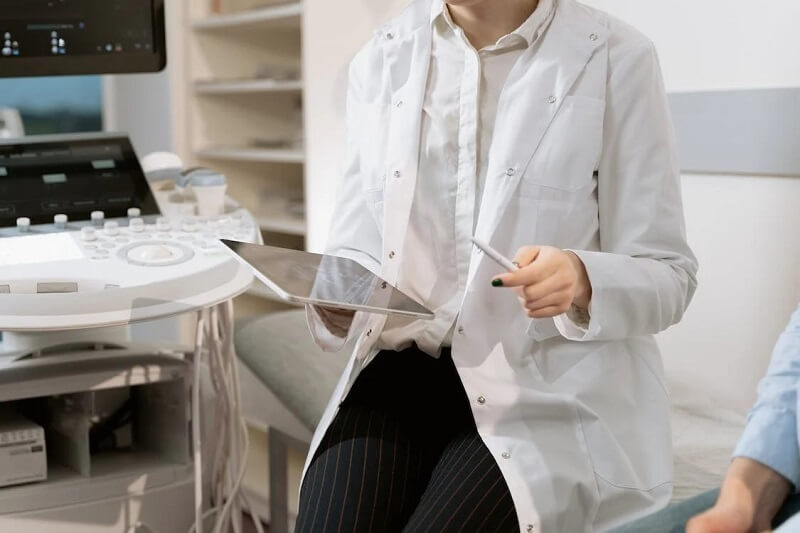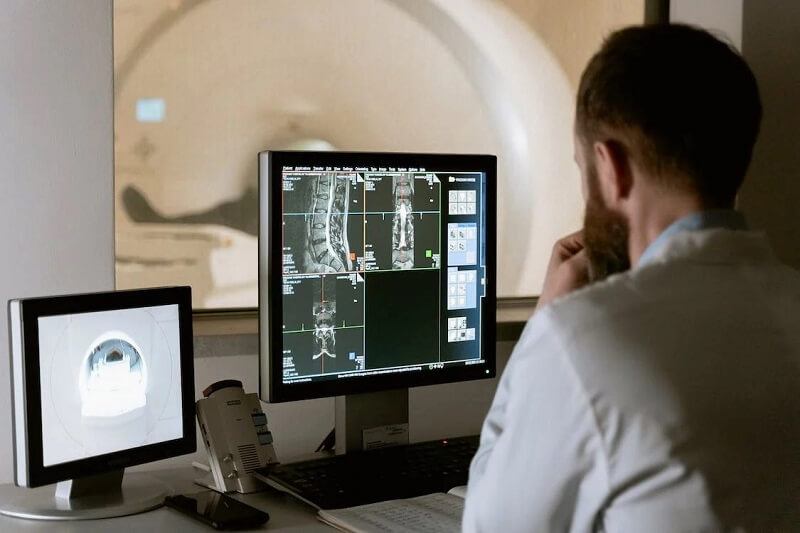
In an age where technology permeates every aspect of our lives, it comes as no surprise that the healthcare industry is undergoing a profound transformation. The integration of technology into healthcare, often referred to as “digital health,” has opened up new horizons for diagnosis, treatment, and patient care. From telemedicine to wearable devices, the impact of technology on modern healthcare is undeniable.
Telemedicine: Bridging Gaps and Expanding Access
Telemedicine, the practice of providing remote medical care through digital communication tools, has emerged as a game-changer in the healthcare landscape, offering secure casino play and similar. It has bridged geographical barriers, allowing patients to access medical expertise without the constraints of distance. This advancement has not only revolutionized healthcare accessibility but also introduced new possibilities for secure online recreational activities.
Telemedicine not only enhances access to healthcare in remote areas but also facilitates virtual consultations, reducing the need for in-person visits and minimizing waiting times. This technology has proven especially vital during the global pandemic, ensuring continuity of care while maintaining social distancing measures.
Wearable Health Devices: Empowering Patients
The rise of wearable health devices, such as smartwatches and fitness trackers, has empowered individuals to take control of their health like never before. These devices monitor vital signs, track physical activity, and even provide real-time feedback on various health metrics. By collecting and analyzing data over time, wearable devices offer valuable insights into an individual’s well-being, enabling proactive healthcare management. From heart rate monitoring to sleep tracking, wearables promote a preventive approach to health and allow for early detection of potential issues.
Data-Driven Decision Making: Precision Medicine
The amalgamation of technology and healthcare has led to the concept of precision medicine, wherein medical decisions are tailored to the individual characteristics of each patient.
Advanced data analytics and genetic profiling enable healthcare providers to predict a patient’s susceptibility to certain diseases, choose personalized treatment strategies, and minimize adverse reactions to medications. By leveraging large datasets and sophisticated algorithms, technology empowers medical professionals to make informed decisions that result in more effective and targeted interventions.

Streamlined Healthcare Operations: Administrative Efficiency
Beyond patient care, technology has streamlined administrative processes within healthcare facilities. Electronic Health Records (EHRs) have replaced paper-based systems, allowing for secure storage and seamless sharing of patient information among authorized healthcare providers. This not only reduces the risk of errors but also enhances coordination between different departments and facilities. Moreover, automated appointment scheduling, billing, and inventory management systems have improved the overall efficiency of healthcare operations.
Ethical and Security Considerations
While the integration of technology in healthcare offers numerous benefits, it also raises important ethical and security considerations. Patient data privacy and cybersecurity are paramount in a digital healthcare ecosystem. Striking a balance between data utilization for medical advancements and safeguarding patient confidentiality is a challenge that requires constant vigilance and robust regulations.

